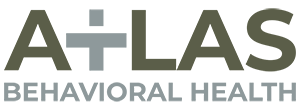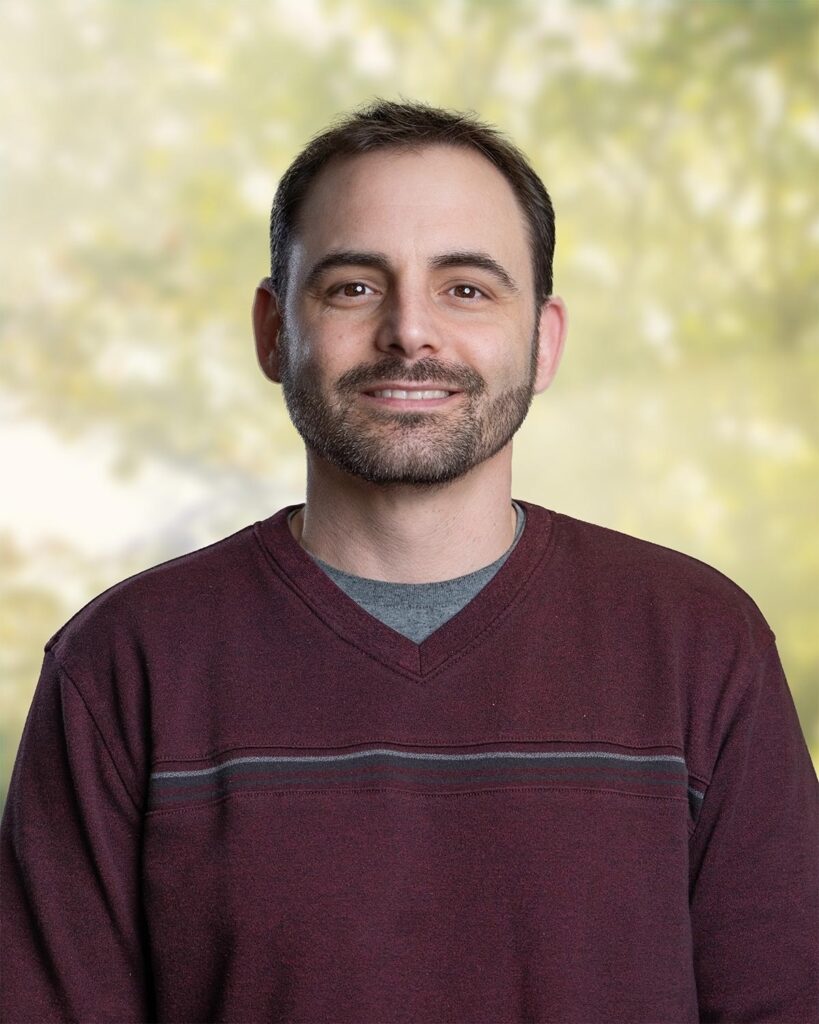Veterans face many challenges when dealing with mental health issues and addiction. This combination is known as dual diagnosis. It happens when someone struggles with both a mental health disorder and a substance use disorder at the same time.
Veterans who have been through combat or trauma often experience these struggles. For many veterans, conditions like PTSD (Post-Traumatic Stress Disorder), depression, or anxiety go hand-in-hand with alcohol or drug addiction. These problems can make each other worse. This makes recovery even harder. But there is good news.
There are places like Atlas Behavioral Health in Atlanta that specialize in treating veterans for both issues. This blog will explain what dual diagnosis is. It will also explain why veterans are at higher risk and where to find the help they need to recover.
What is Dual Diagnosis in Veterans?
Dual diagnosis means having both a mental health disorder and a substance use disorder at the same time. For veterans, this could mean dealing with PTSD, depression, anxiety, or other mental health issues. It could also mean struggling with alcohol or drug addiction. These issues often make each other worse.
For example, a veteran with PTSD may use alcohol to numb their painful memories. But alcohol can make PTSD worse. This creates a cycle that is hard to break. Treating both the mental health issue and the addiction is essential. If only one issue is treated, the other can continue to make things worse.
At Atlas Behavioral Health, veterans receive treatment that addresses both problems at the same time. This gives them the best chance for recovery.
If you or someone you know is struggling with mental health issues like anxiety, sadness, or trouble sleeping, along with alcohol or drug use, it may be time to seek help.
Early treatment is key. Treating both problems together can break the cycle and start the healing process.
Why Veterans Are at Higher Risk for Dual Diagnosis
Veterans face a higher risk for dual diagnosis because of their unique experiences during military service. Many veterans go through intense stress, trauma, and combat situations. These experiences can lead to mental health disorders like Post-traumatic stress disorder (PTSD), depression, and anxiety.
They might struggle with flashbacks, nightmares, or heightened anxiety after returning home. Some veterans turn to alcohol or drugs to cope with these challenges.
The transition from military life to civilian life can also be difficult. After serving, veterans might feel disconnected from society. They might feel lost or without purpose.
This can lead to feelings of isolation and loneliness. Without the right support, some veterans use substances to numb these emotions.
Stigma is another challenge many veterans face when it comes to seeking help. In military culture, there is a strong emphasis on strength, toughness, and self-reliance. Asking for help can feel like a weakness. This stops many veterans from seeking care.
But it’s important to understand that mental health struggles and addiction are medical conditions, not weaknesses. Reaching out for help is the first step toward healing. Overcoming this stigma is crucial for veterans to get the care they need.
Atlas Behavioral Health: Comprehensive Support for Veterans
We provide specialized care for veterans dealing with dual diagnoses. Our team understands the challenges veterans face, and we offer treatment designed specifically to meet their needs.
We offer trauma-informed care, which helps veterans heal from their past experiences. This approach ensures that veterans feel understood and supported during their recovery.
One of the key benefits of our integrated care model is that veterans dealing with both mental health and addiction issues don’t need to visit multiple treatment centers. At our facility, veterans receive care for both issues simultaneously.
This makes recovery easier. Our treatment includes therapies for PTSD (Post-Traumatic Stress Disorder), anxiety, depression, and addiction. This comprehensive approach helps veterans recover from both the emotional and physical effects of their experiences.
Our treatment includes a combination of individual therapy, group therapy, and trauma-focused therapy. These therapies help veterans process their past experiences and manage stress in a healthier way.
We also offer family support services to help loved ones understand and support the recovery process. Additionally, our aftercare programs ensure that veterans continue to receive support after treatment ends. These aftercare services are essential for helping veterans stay sober and manage their mental health over the long term.
The Importance of Comprehensive Dual Diagnosis Treatment
Treating dual diagnosis requires a comprehensive, or holistic, approach. It is not enough to treat just one problem and ignore the other. When both mental health and substance use disorders are treated together, veterans have a much better chance of healing.
If a veteran’s Post-traumatic stress disorder (PTSD) is treated, but their alcohol abuse is not, the alcohol problem can make PTSD symptoms worse. This means that both the mental health condition and the addiction must be treated at the same time to break the cycle.
At Atlas Behavioral Health, veterans receive personalized treatment plans that address both their mental health and addiction issues. This holistic care helps veterans heal emotionally, mentally, and physically.
The treatment plan might include therapies like Cognitive Behavioral Therapy (CBT). CBT helps veterans identify and change harmful thought patterns. Dialectical Behavioral Therapy (DBT) teaches skills for managing emotions and stress.
The goal of comprehensive care at Atlas is to help veterans develop healthier coping skills. Veterans learn to manage stress and difficult emotions without turning to substances. It’s not just about quitting alcohol or drugs it’s about healing from the trauma that caused the addiction in the first place.
Atlas Behavioral Health’s approach provides veterans with the tools they need for long-term recovery.
Veterans’ Resources and Support Networks in Atlanta
In addition to Atlas Behavioral Health, there are other resources available to veterans in Atlanta. The Veterans Affairs (VA) system offers a wide range of services. These include mental health counseling, addiction treatment, and help with transitioning back into civilian life.
Many VA hospitals and clinics in Atlanta can connect veterans with local providers who specialize in dual diagnosis.
Veterans can also find support through local organizations like the Veterans of Foreign Wars (VFW) and the American Legion. These organizations offer peer support, counseling, and a community where veterans can connect with others who understand their struggles. Online forums and digital support groups also provide veterans with a way to seek help and connect with others in recovery.
Atlanta offers a variety of options for veterans to get the support they need. Whether it’s finding treatment services, connecting with other veterans, or attending support groups, veterans have access to a strong network of resources. It’s important for veterans to know they are not alone.
How to Get Started with Treatment at Atlas Behavioral Health
Getting started with treatment at Atlas Behavioral Health is easy. The first step is reaching out to schedule an initial assessment. During this assessment, the staff will learn about your unique needs and challenges. They will create a personalized treatment plan that is designed to address both your mental health and substance use issues.
Atlas offers both inpatient and outpatient care options. Inpatient care provides a more structured environment. This is ideal for veterans who need intensive treatment. Outpatient care lets veterans continue daily activities like work or school while receiving treatment. The right treatment plan depends on the veteran’s needs and goals.
In addition to therapy, Atlas offers aftercare programs to help veterans stay on track after their treatment is complete. These programs include continued therapy, support groups, and resources to help veterans maintain their recovery. Atlas is dedicated to ensuring that veterans continue to heal and stay sober after treatment.
Recovery from Dual Diagnosis: A Path to Healing for Veterans
Recovery from dual diagnosis is possible. Veterans deserve to receive the care they need. Atlas Behavioral Health in Atlanta provides specialized treatment for both mental health and substance use disorders.
With the right support, veterans can overcome the challenges of dual diagnosis and lead healthy, fulfilling lives. If you or someone you know is struggling with mental health and addiction, don’t wait. Reach out to Atlas Behavioral Health today and take the first step toward recovery.
You don’t have to go through this alone. Help is available, and recovery is possible.





